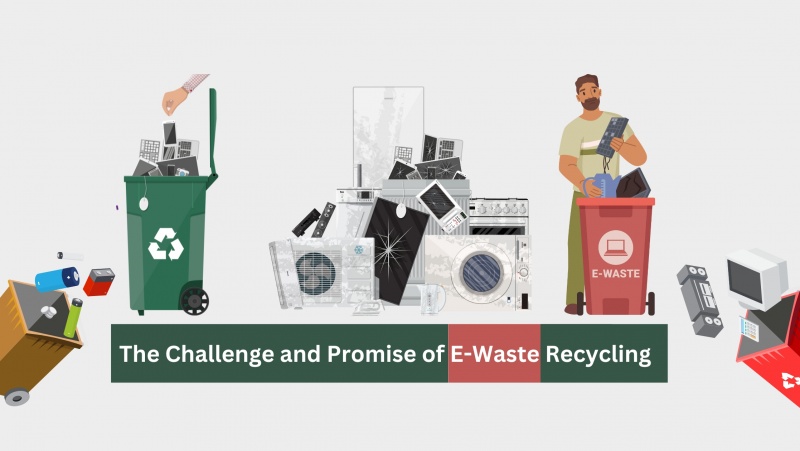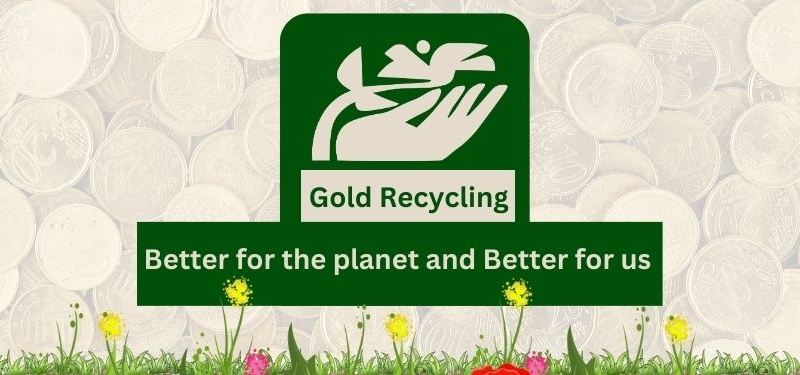Understanding the Importance of Gold Refining Regulations and Compliance
It is essential to appreciate their relevance from a global perspective to maintain a sustainable and just gold supply chain. These rules promote moral sourcing and responsible business practices while outlawing activities like money laundering, aiding terrorist groups, and the trade in conflict minerals.
To address the issue of conflict minerals, it is also essential to adhere to the Dodd-Frank Act’s and the Kimberley Process Certification Scheme’s standards for gold refining. Conflict gold is defined as gold mined in hostile environments.
Globally, regulations for the refining of gold promote transparency and moral business conduct.
An Overview of Key Gold Refining Regulations Around the World
- Dodd-Frank Wall Street Reform and Consumer Protection Act (United States): The Dodd-Frank Act’s Section 1502 requires companies with stock listed on U.S. stock exchanges to disclose whether their products contain minerals linked to armed conflict, including precious metals sourced from areas like the Democratic Republic of the Congo (DRC) and its neighbours.
- The Kimberley Process Certification Scheme, or KPCS, is an international effort to halt the trade in conflict diamonds. The KPCS, while its major focus is on diamonds, also includes raw gold that comes from conflict-affected areas.
- The London Bullion Market Association’s (LBMA) Responsible Gold Guidance: The LBMA, which oversees the London gold market, has developed a comprehensive set of regulations intended to encourage moral gold trading and procurement.
- Advice from the Financial Action Task Force (FATF) The FATF is an international organization whose goal is to stop financial crimes like money laundering and terrorism financing.
- The Organisation for Economic Co-operation and Development (OECD) offers guidelines for ethical mineral supply chains, such as gold supply chains.
The Challenges Faced by Gold Refineries in Meeting Regulatory Standards
- Regulation Variations: Gold refineries operate in several different jurisdictions, each with its own regulations and requirements. Navigating these changes can be challenging because international compliance standards can differ substantially.
- Due Diligence and Traceability: To ensure the ethical sourcing of gold, due diligence procedures and tracking systems frequently need to be set up to satisfy regulatory requirements. Implementing such systems can be difficult in areas with inadequate infrastructure and openness.
- The complexity of the gold supply chain: From the mine to the refinery to the trading, there are several middlemen and actors. It can be challenging to guarantee compliance across this intricate network.
• Financial Resources: Especially for smaller or medium-sized gold refineries, implementing regulatory compliance procedures can be expensive.







